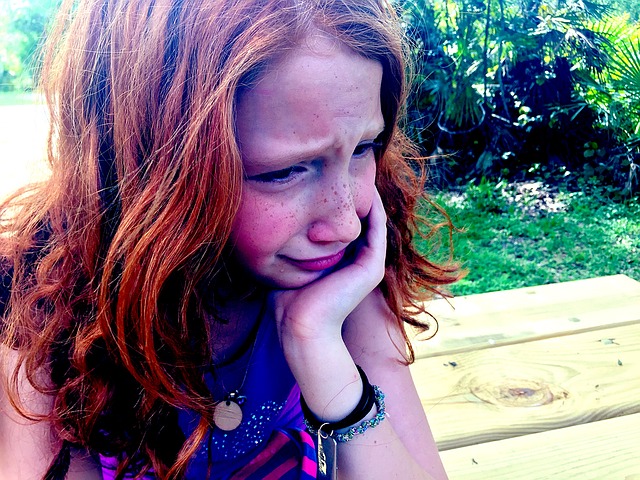As a play therapist I truly believe that all behavior has meaning. When a child’s behavior seems out of sync or challenging for parents and teachers it’s important to consider what these behaviors are communicating. Back to school behavioral challenges may be indicating a child is telling us she needs help and support. Coming off a summer time of freedom and fun and returning to a structured school year with a new schedule can be a tricky time of transition for all children! When parents and teachers note particular behaviors in the first several weeks of school and after it might be important to pay closer attention.
Here are some back to school behavioral challenges to look out for:
- Resistance or refusal about going to school. When a child cries, whines or flat out refuses to go to school this is typically a challenging behavior that indicates the child is having extreme anxiety related to leaving home to go to school. It might be separation anxiety, social anxiety, performance anxiety or it may be related to bullying or some other issue with peers or teachers at school. This is rarely rooted in simple defiance. I highly recommend you seek a children’s therapist familiar with treating school related anxiety.
- Clowning behavior in class. When a child acts out in class in such a way that appears to be attention seeking it can be reinforced when peers laugh, feeding the behavior further. The question we have to ask is what is the child gaining from the behavior despite the teacher’s corrections? Chances are the clowning behavior is providing the child with an experience of being accepted and even celebrated by his peers. The child is seeking belonging. In order to help the child to achieve the rewarding and positive experience of peer connection and acceptance through more adaptive behavior play therapy, parenting support and teacher consultation can help.
- Isolation. If a child appears withdrawn and is spending a lot of time alone this can be a sign of depression and/or anxiety. As a children’s therapist I always feel very concerned when a child shows internalizing behaviors when we can’t more clearly see what is happening for her emotionally and mentally. If a child is isolating this is a back to school behavioral challenge that definitely needs to be explored in the context of play therapy and professional parenting support.
- Limit pushing. Sometimes children thrive most when they know where the limits are but they will push against a teacher’s limits to test and see whether the teacher is going to be consistent and firm. This back to school behavioral challenge that can typically be navigated by the teachers and parents working together to hold to the rules and limits to help the child feel secure with what the rules and expectations are.
If your child is showing back to school behavioral challenges it’s important to know when it may be time to reach out for professional support. Play therapy is an ideal way for your child to have an opportunity to explore, express and experience whatever they need in order to work through what is underneath the challenging behaviors. Play is the language of children and through the playful connections made between child and therapist in the play room we can better understand the reasons for a child’s behaviors and develop a plan that can help the child through. Parenting sessions are an important part of the play therapy process, allowing for therapist to provide specific recommendations for parents to adjust and adapt their parenting strategies to best meet the needs of the child.
If your child is showing back to school behavioral challenges, I’d be happy to speak with you about how I can help. Contact me today and let’s talk!

